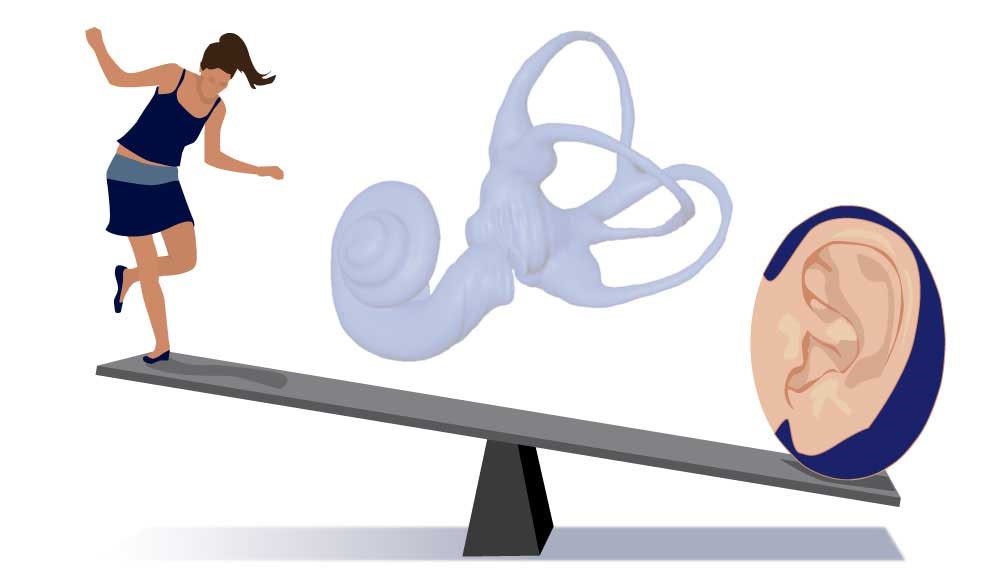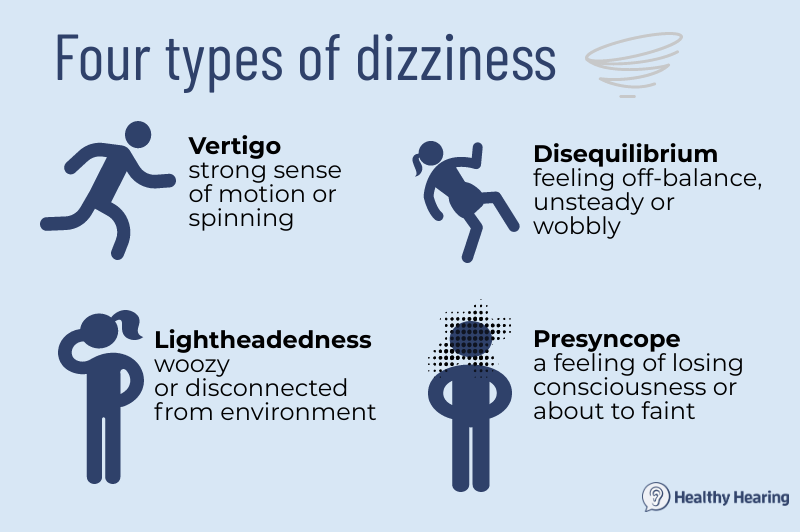

Dizziness refers to a sensation of unsteadiness, lightheadedness, or feeling like you might faint. It can often be accompanied by a spinning sensation known as vertigo. Dizziness is not a specific disease but rather a symptom of various underlying causes, such as inner ear problems, vestibular disorders, low blood pressure, anxiety, anemia, dehydration, or certain medications. It can significantly impact a person's quality of life and daily activities, making it important to identify and address the underlying cause. Balance, on the other hand, refers to the ability to maintain equilibrium and remain steady while standing, walking, or performing various activities. Balance is regulated by the body's complex integration of sensory information from the visual, vestibular (inner ear), and proprioceptive (body position) systems.
What Are the Causes of Dizziness?
Dizziness is the result of your brain receiving false signals from the balance system (comprised of the inner ear, eyes and sensory nerves). It senses movement and overcompensates, leading to a spinning sensation, weakness and faintness.
There are many possible causes of dizziness including low blood pressure, anemia, dehydration, heat-related disorders, endocrine system disorders (e.g., diabetes, thyroid disease), heart conditions, high blood pressure, viral and bacterial infections, head trauma, hyperventilation, neurological disorders and certain medications.
Several balance disorders are commonly associated with dizziness and/or vertigo.
- Benign Paroxysmal Positional Vertigo (BPPV) involves brief but intense periods of vertigo that are triggered by specific changes in head position. It occurs when tiny crystals in the otolith organs become dislodged and migrate to the semicircular canals.
- Meniere’s disease is a chronic condition that causes vertigo, tinnitus, fullness in the ear and fluctuating hearing loss that may eventually become permanent. Meniere’s is usually confined to one ear and though its cause is unknown it may be the result of abnormal fluid buildup in the inner ear.
- Labyrinthitis is an inflammation of the inner ear usually caused by an infection. Its symptoms include vertigo, temporary hearing loss and tinnitus.
What Other Symptoms Are Associated with Dizziness?
Patients who experience dizziness report a variety of symptoms depending on the exact nature of their balance disorder. These include:
- Lightheadedness.
- Fainting.
- Unsteadiness.
- Weakness.
- Vertigo (the sensation of movement in your surroundings).
- Confusion.
- Disorientation.
- Blurred vision.
How Is Dizziness Treated?
Treatment for dizziness takes many forms, depending on the cause. At Evergreen Speech & Hearing Clinic our doctors of audiology collaborate for a team approach with otolaryngologists, neurologists, and physical therapists to try to target the underlying condition in order to reduce or eliminate the symptoms.
Call MVM Vākśravaṇa Clinic at 080-69956566 for more information or to schedule an appointment.
